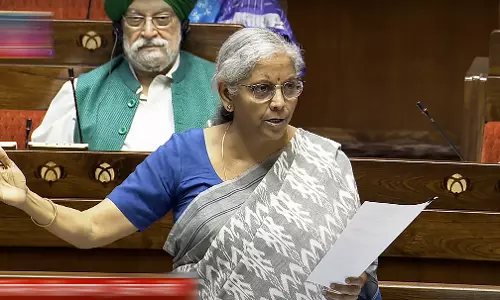Oil & gas prospects looking up: Technip
According to Balvalli, the current major challenge the Modi government faces is to ensure internal energy security.

Kolkata: After a two-year downturn, things are looking up in the oil and gas industry in India. The fourth quarters of 2017 and 2018 saw significant recovery in terms of projects, along with the increase and stabilisation of crude oil prices, says Shekhar Balvalli, senior vice president-country management–onshore business at Technip India.
“With the drive to produce Euro VI stage fuels combined with major refinery expansions, 2018 offered many opportunities to the oil & gas industry. Major refiners also set forth to integrate petrochemical complexes with the existing refineries to upgrade the refinery product slate. Besides the PSUs, a number of private players also upgraded and expanded their refineries, adding units or expanding existing facilities. Another wave in the industry was that of biofuels and waste that has driven certain niche projects such as second generation bio-ethanol and some involving waste plastic,” said Balvalli.
Going forward, London-based TechnipFMC with its global operational headquarters in Houston (US) and Paris (France), will grow and adapt with the market while strengthening what they are best at, licensing units in ethylene, hydrogen and refining.
Interestingly, with the announcement of new grassroot refineries and petrochemical complexes like HPCL Rajasthan Refinery, Chennai Petroleum Corporation, Ratnagiri Refinery and Petrochemicals and also with the next wave of refinery expansions, the oil & gas market looks promising for the next few years to come.
According to Balvalli, the current major challenge the Modi government faces is to ensure internal energy security. The requirement to import downstream petrochemicals and chemicals due to demand-supply gap has further increased India’s import dependency.
Second is the demand to blend fuel from non-petroleum sources e.g. ethanol in the gasoline pool. Also, the share of gas in India’s energy basket is rather low. Increased focus on gases is needed– a clean energy source & trend seen across the globe, he said.


